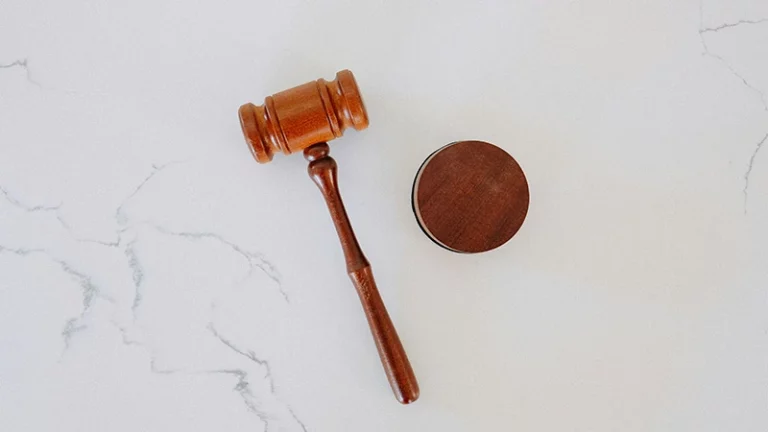Every person in California — regardless of race, religion, gender, disability, or background — has fundamental civil rights protected under federal and state law. These rights are guaranteed by the U.S. Constitution, federal laws enforced by the Department of Justice (DOJ), and California’s own civil rights statutes.
If you believe your civil rights have been violated, knowing how to respond can help you seek justice, protect others, and ensure accountability.

1. Understanding Civil Rights Violations
A civil rights violation occurs when an individual or institution unlawfully interferes with your rights or discriminates against you based on protected characteristics. Common examples include:
- Employment discrimination: Being denied a job or promotion due to race, gender, or religion.
- Housing discrimination: Refusal to rent or sell property based on your ethnicity or family status.
- Police misconduct: Excessive use of force, false arrest, or racial profiling.
- Hate crimes: Violence or threats motivated by bias.
- Voting interference: Barriers that prevent fair access to elections.
- Disability discrimination: Denying access to public services or facilities.
Both the U.S. Department of Justice’s Civil Rights Division and the FBI investigate and prosecute such violations to uphold federal civil rights laws.
2. Who Investigates Civil Rights Violations
Department of Justice (DOJ) Civil Rights Division
According to civilrights.justice.gov, the DOJ’s Civil Rights Division enforces more than 30 federal statutes designed to protect individuals from discrimination. These include laws covering education, employment, housing, policing, and access to public services.
The DOJ investigates cases such as:
- Police misconduct and abuse of authority
- Hate crimes and human trafficking
- Voting rights violations
- Discrimination in federally funded programs
You can file a complaint directly with the DOJ using their secure online portal, even if you live in California. They review each submission and may open an investigation or refer the matter to a local U.S. Attorney’s Office.
Federal Bureau of Investigation (FBI)
The FBI’s Civil Rights Program handles criminal violations of civil rights laws. Their top priorities include:
- Hate crimes
- Color of law violations (misuse of power by police or officials)
- Human trafficking
- Freedom of access to clinics and worship
The FBI’s Los Angeles, San Francisco, Sacramento, and San Diego field offices all serve California communities. If you face a civil rights-related crime, contact your local FBI office or submit a tip online.

3. Steps to Take If You Believe Your Civil Rights Were Violated
Step 1: Document Everything
Write down what happened, when, and where. Include:
- Dates and times
- Names of witnesses or involved parties
- Any photos, videos, or emails
- Police reports or official communications
Accurate records strengthen your case.
Step 2: File a Complaint with the DOJ
You can file online at civilrights.justice.gov. The form allows you to describe your situation and upload supporting documents.
The DOJ reviews all submissions and may:
- Investigate directly,
- Coordinate with the FBI, or
- Refer the case to a state or local agency.
Step 3: Contact the FBI for Urgent or Criminal Matters
If the violation involves threats, violence, or abuse of authority, contact the FBI’s civil rights division. You can call your local field office or submit an electronic tip at tips.fbi.gov.
Step 4: Report to California State Agencies
In addition to federal agencies, California offers strong state-level protections:
- California Civil Rights Department (CRD): Handles employment, housing, and public accommodation discrimination.
- California Attorney General’s Civil Rights Enforcement Section: Investigates systemic discrimination and police misconduct.
- Local Human Rights Commissions: Provide mediation and support.
4. What Remedies Are Available
Victims of civil rights violations may be entitled to remedies such as:
- Monetary compensation for damages
- Injunctive relief (requiring the offender to stop discriminatory practices)
- Restoration of lost opportunities (like reinstatement to a job or housing)
- Legal fees and court costs
In serious cases, criminal penalties may apply to violators, especially for hate crimes or police abuse.
5. How Long You Have to File a Civil Rights Complaint
Timelines vary depending on the violation type:
- Federal complaints: Usually within 180 days of the incident.
- State complaints: California’s CRD allows up to 3 years for discrimination cases.
Filing as soon as possible ensures evidence is preserved and your claim is reviewed efficiently.
6. Why Legal Help Matters
While filing a civil rights complaint can be done individually, legal representation often strengthens your claim. A California civil rights attorney can:
- Help gather evidence and prepare filings
- Navigate federal and state procedures
- Negotiate settlements or represent you in court
Many legal aid organizations offer free or low-cost assistance for civil rights cases.

7. Protecting Civil Rights in Your Community
Civil rights protection is not only about individual justice—it’s about collective safety. By reporting violations, you:
- Help uncover patterns of discrimination
- Encourage transparency in public institutions
- Ensure fair treatment for others
Both the DOJ and FBI rely on public reports to identify and prosecute civil rights offenders nationwide.
8. Resources for California Residents
- U.S. Department of Justice Civil Rights Division: civilrights.justice.gov
- FBI Civil Rights Program: fbi.gov/investigate/civil-rights
- California Civil Rights Department: calcivilrights.ca.gov
- California Attorney General’s Office: oag.ca.gov/civilrights
- Legal Aid at Work: legalaidatwork.org
9. Final Thoughts
When your civil rights are violated, it can feel isolating — but you’re not alone. Both federal and California laws provide strong protections, and agencies like the DOJ and FBI take these matters seriously.
By reporting misconduct, preserving evidence, and seeking legal support, you help uphold the principles of equality and justice that define California and the United States.






